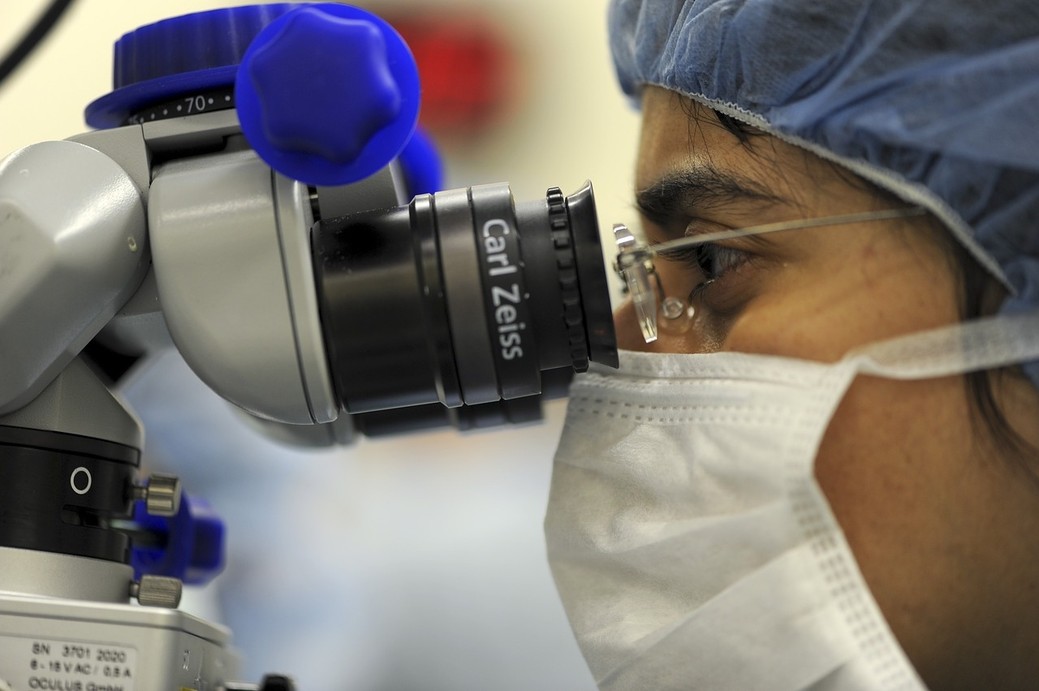
Biologics Explained: A Deep Dive Into Modern Medicine’s Breakthroughs
Biologics have become a cornerstone of modern medicine, offering new hope for many challenging medical conditions. These advanced therapies are made from a variety of natural sources, including humans, animals, or microorganisms, and are used to treat diseases with precision and efficacy that traditional drugs often cannot match. This guide will explore what biologics are, how they work, and why they are so important.
What Are Biologics?
Unlike traditional drugs, which are synthesized chemically and have a well-defined structure, biologics are derived from living organisms. They include a wide range of products such as vaccines, blood components, gene therapies, and cells used in cell therapy. Each biologic is unique, but they all share one common trait: they mimic or influence natural processes of the human body to treat or prevent diseases.
How Are Biologics Made?
Producing biologics is complex and involves sophisticated techniques. Scientists use biotechnology to manipulate cells or bacteria to produce the desired active substance. This substance is then harvested, purified, and formulated into the final product that can be used in clinical settings. The manufacturing process needs to be highly controlled to ensure consistency and safety of the biologic, as the slightest variation can affect its effectiveness.
The Role of Biologics in Medicine
Biologics have transformed the treatment of many severe and life-threatening diseases. They are particularly important in the fields of rheumatology, oncology, and endocrinology, among others. For example, in oncology, certain biologics target cancer cells specifically, which can lead to better outcomes and fewer side effects than traditional chemotherapy.
Why Are Biologics Special?
The specificity of biologics is what makes them so powerful. They can target specific parts of the immune system or specific cellular processes, minimizing damage to healthy cells. This precision reduces the risk of side effects and improves the overall effectiveness of the treatment. For instance, some biologics used in the treatment of autoimmune diseases help reduce inflammation by targeting only the immune signals that contribute to the disease.
Challenges in Developing Biologics
Developing biologics comes with its challenges. The process is not only time-consuming and costly but also requires cutting-edge technology and expertise. However, companies specializing in this field, like Scorpius Biological Services, are at the forefront of innovation, providing necessary services and support for the development of these groundbreaking therapies.
The Impact of Biologics on Patients
The introduction of biologics has significantly improved the quality of life for many patients. Those suffering from chronic diseases like rheumatoid arthritis or multiple sclerosis, for instance, have experienced improved mobility and less pain thanks to these advanced therapies. Moreover, biologics have offered hope for conditions that were previously deemed untreatable.
Regulatory Oversight and Safety
Given their complexity and unique nature, biologics are subject to rigorous regulatory oversight to ensure their safety and effectiveness. Regulatory bodies like the FDA in the United States have strict guidelines and requirements for the approval of biologics, from initial development through to post-market surveillance.
The Future of Biologics
As our understanding of diseases at the molecular level improves, the potential for biologics continues to expand. New technologies are constantly emerging that enhance the precision and efficiency of these treatments. According to a BBC News article, ongoing research into biologics could potentially lead to cures for diseases that are currently incurable.
Biologics represent a significant advance in the arsenal of medical therapies available today. They offer targeted treatment options for complex diseases, improving patient outcomes and reducing side effects. As research continues and technology advances, the scope of biologics is set to widen, potentially transforming the landscape of medical treatment across the globe.








